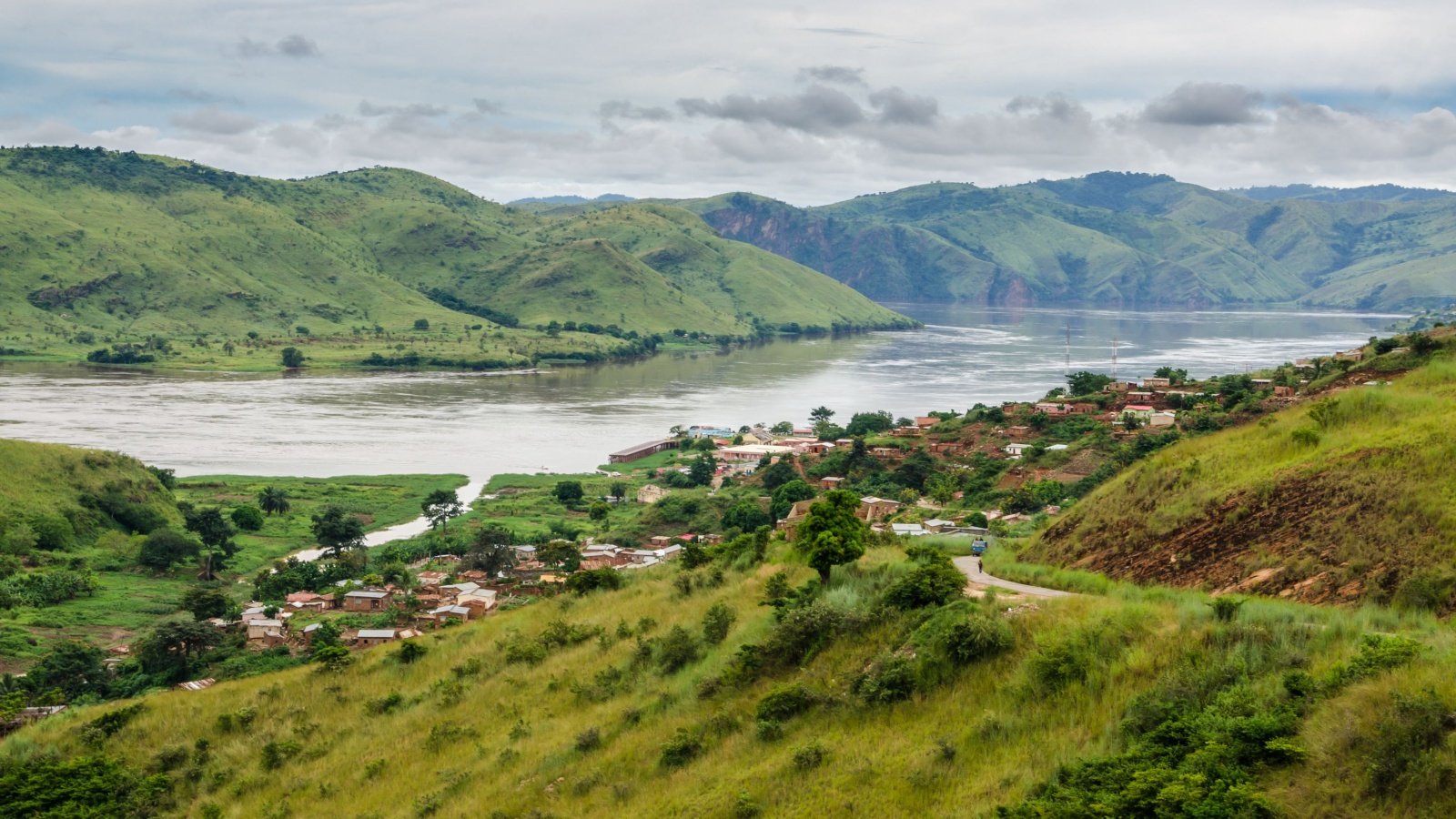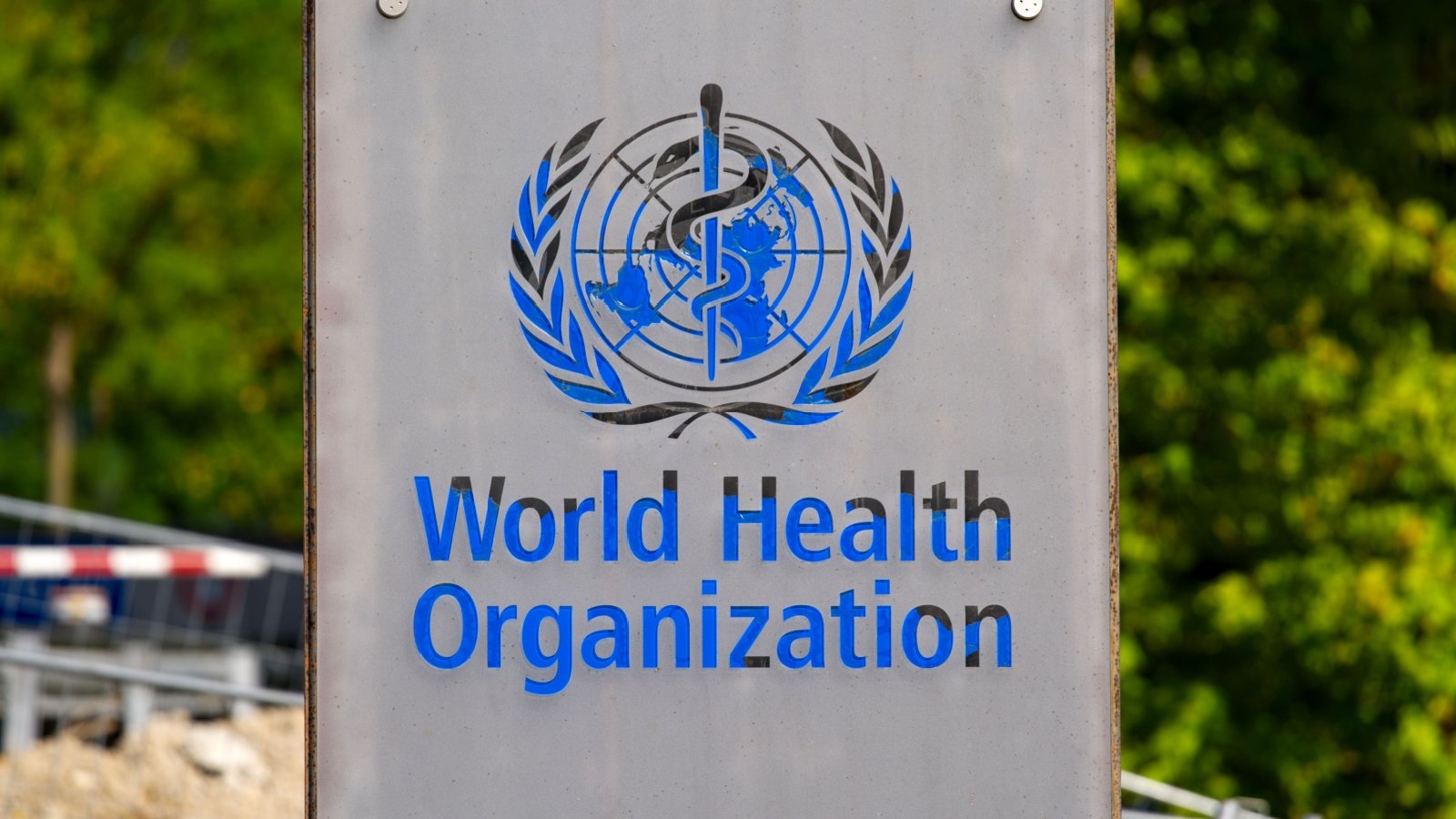The mpox outbreak in the Democratic Republic of the Congo has spiraled into a dire public health emergency, with over 14,000 cases and 524 deaths reported this year alone. The WHO is calling this a global health emergency. Children are bearing the brunt of the crisis, with a new, more aggressive strain of the virus suspected in hundreds of fatalities.
WHO Declares Mpox Outbreak in DRC a Global Emergency

The Democratic Republic of the Congo (DRC) is once again grappling with a worsening mpox outbreak, prompting the World Health Organization (WHO) to declare it a public health emergency of international concern.
This marks the second such declaration, the first being in 2022 when the virus spread rapidly to non-endemic countries, while the DRC and other African nations received minimal aid.
Rising Infections and Evolving Virus

Infection rates are climbing in the DRC, and the mpox virus is showing signs of evolution, raising alarm among health officials. The WHO has issued a renewed warning, emphasizing the urgent need for action as the situation deteriorates.
WHO’s Response and the Waiting Game

The WHO has announced plans to increase the delivery of diagnostics, treatments, and vaccines to the DRC, but the timeline remains uncertain. Experts caution that it could take months before these critical supplies reach the affected regions in Africa.
Understanding Mpox

Mpox, previously known as monkeypox, is characterized by a rash of sores that develop into liquid-filled blisters, often accompanied by flu-like symptoms. While most cases in the recent outbreak have been non-fatal, the disease poses a significant risk to those with compromised immune systems.
A Deadly Toll Among Children

The outbreak in the DRC has already resulted in more than 14,000 reported cases this year, with over 524 deaths, including 240 children. The infection proves particularly deadly for children under 15, with a mortality rate four times higher than that of adults.
Uncertainty Surrounding the Deadly Impact on Children

The exact reason for the heightened lethality of mpox among children remains unclear, with suspicions pointing towards a mutated variation, or subclade, of the virus.
This new subclade may also be contributing to the virus’s spread across borders, affecting multiple countries within Africa, including Burundi, Kenya, Rwanda, and the Central African Republic, leading to a continent-wide public health emergency declared by the Africa Centres for Disease Control and Prevention on August 13.
Assessing the Risk Beyond Africa

For those outside Central Africa, the immediate risk of contracting mpox remains low. The Centers for Disease Control and Prevention (CDC) maintains that while the DRC’s outbreak is a global concern, the general American public faces a “very low” risk.
However, men who have sex with multiple male partners may face a “low to moderate” risk, particularly if the virus’s latest version reaches the U.S.
The Global Village Connection

Despite the U.S. having a robust stockpile of mpox vaccines and treatments, the interconnected nature of our world poses ongoing risks. With outbreaks now present in 13 African countries, the ease of global travel could bring the virus to other shores if not contained early. Addressing the outbreak at its source is crucial to preventing a wider spread.
Implications of the WHO Declaration

The recent WHO declaration raises questions about its practical impact on the DRC and other affected African nations. While the declaration aims to underscore the seriousness of the emergency and mobilize resources, the reality on the ground remains uncertain.
The WHO’s previous declaration in 2022 did little to stem the outbreak in Africa, leaving critical tools like diagnostics, vaccines, and treatments in short supply.
Funding the Fight Against Mpox

To tackle the outbreak, the WHO has estimated a need for an initial $15 million to support surveillance, response, and preparedness efforts. While the organization has already allocated $1.5 million, it is calling on international donors to contribute further, ensuring that the necessary resources reach the regions most in need.








